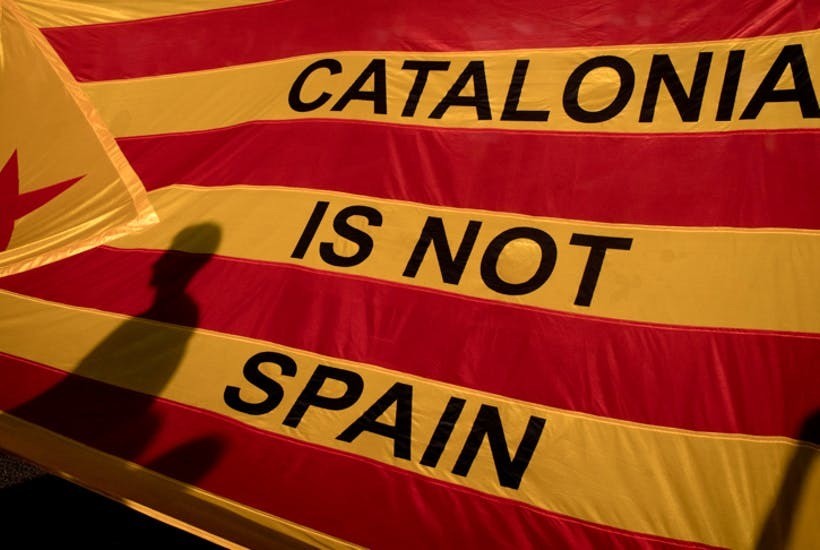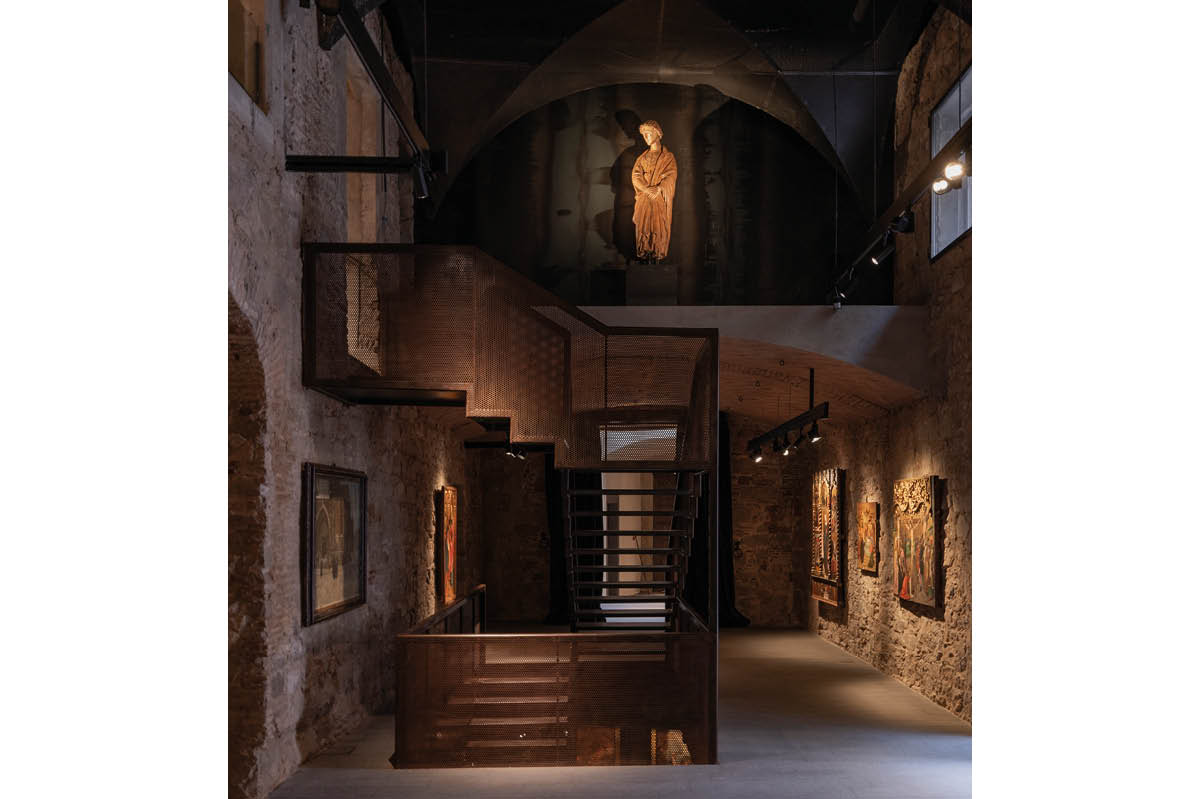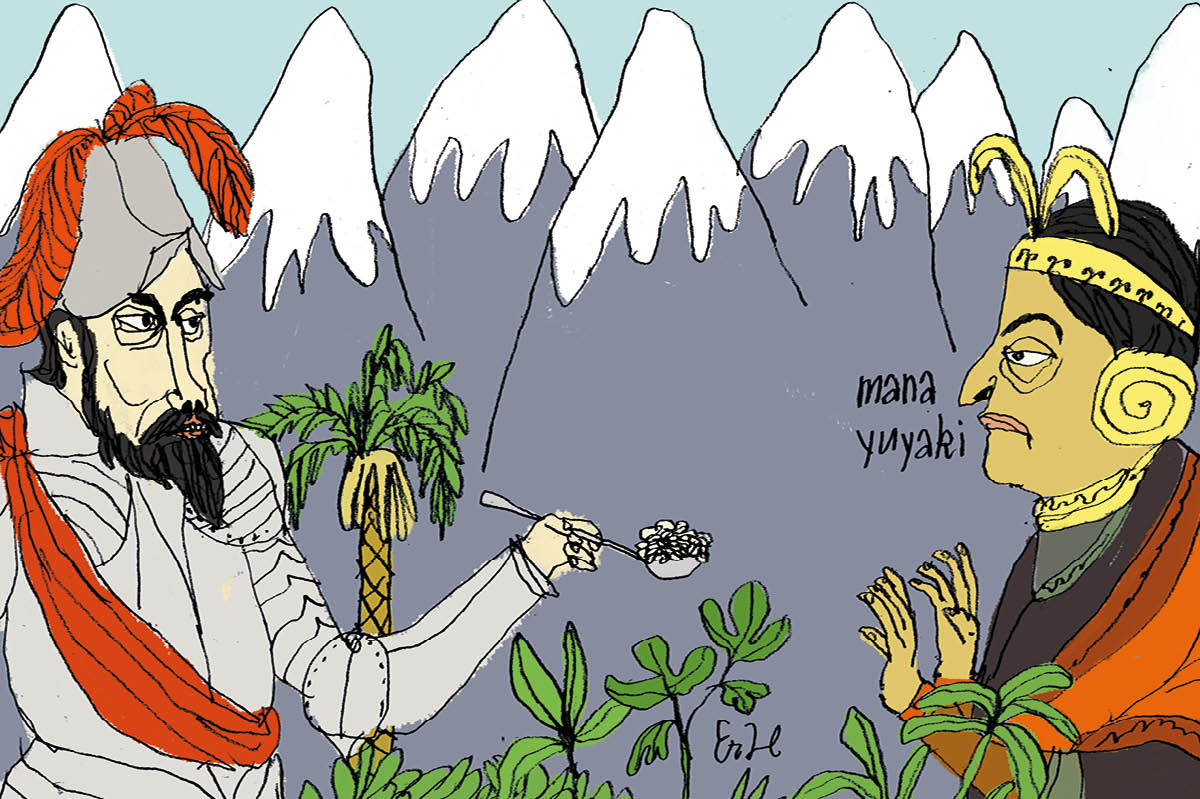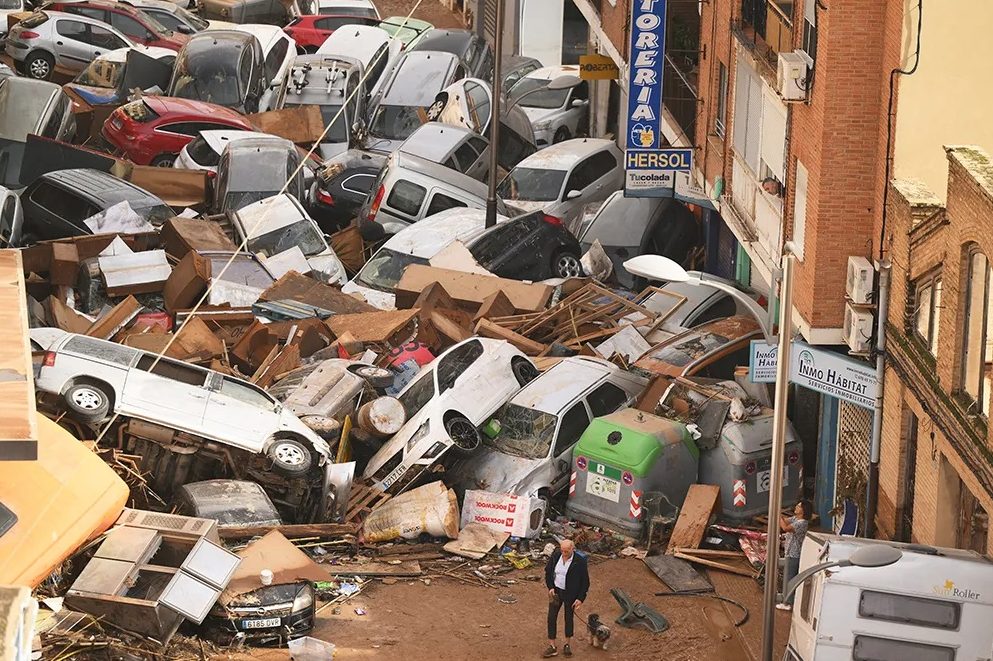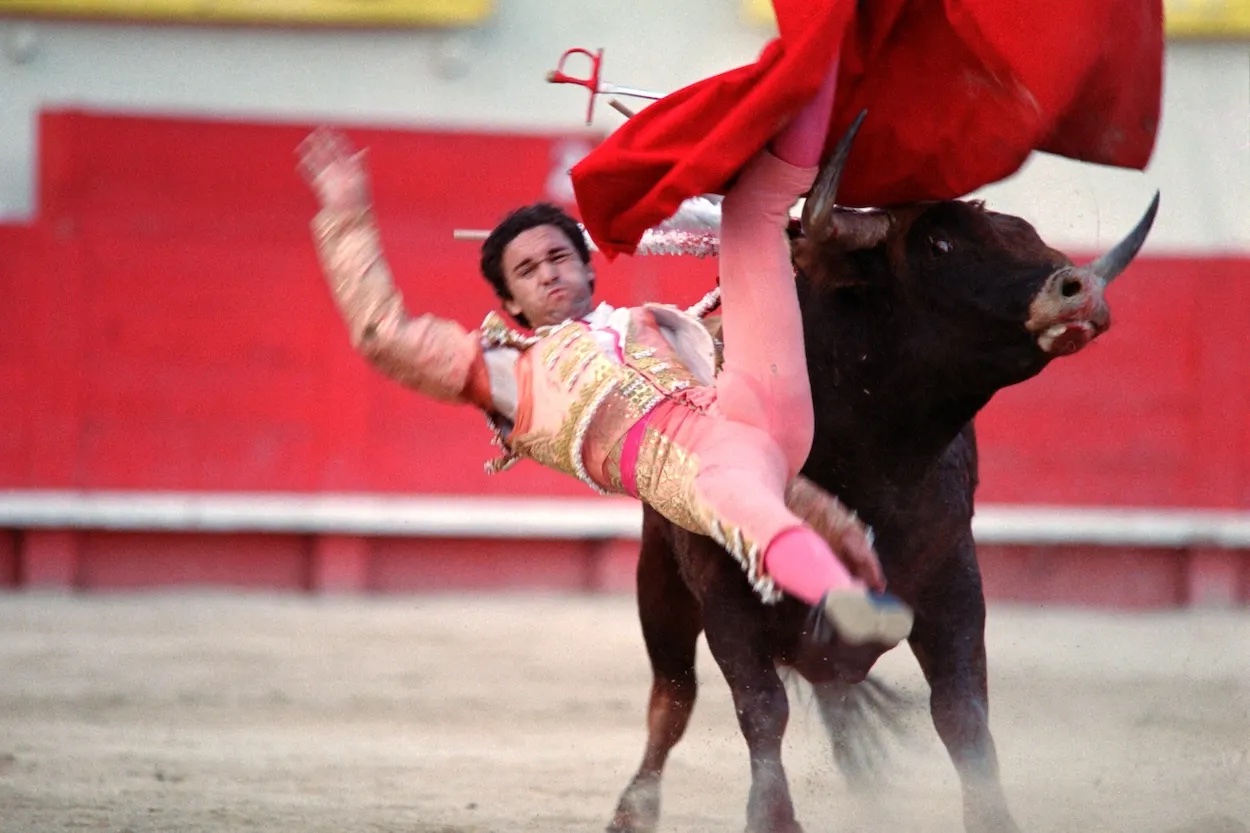Daniel Hannan has written, compellingly and eloquently as usual, about the constitutional crisis taking place in my country, Spain. In his piece, he invokes the celebrated Spanish writer Miguel de Unamuno who, as Spain plunged into civil war in 1936, admonished the anti-intellectual, anti-liberal nationalist rebels that they would ‘vanquish, but not convince’.
Unamuno was of course right: after three years of bloodshed, Spain endured nearly four decades of dictatorship, punctured by the deprivations from autarky and international isolation well into the 1950s.
But today’s Spain is a much different place. Following Francisco Franco’s death in 1975, the country underwent a peaceful democratic transition which elicited admiration the world over. In 1978, it adopted a liberal constitution that devolved a great deal of power to the regions and localities. Today, 49 per cent of public expenditure is decided on by subnational authorities. The competencies in the hands of regions include such central public-sector activities as healthcare and education. This puts Spain among the world’s most decentralised rich nations, alongside Canada and Switzerland, and at the opposite pole from France and, I am afraid, the United Kingdom as well.
Federalism, democracy and the rule of law underlay three decades of almost continuous expansion during which income per head has doubled and Spanish business has flourished, ushering in the emergence of true corporate giants such as Inditex, owner of Zara, and Banco Santander. Today’s Spain is also a leader in sport and culture, and a bridge between Europe, Africa and Latin America.
Daniel knows all of this, and as a Spanish-speaker he regularly partakes in our cultural vibrancy and internationalism. But I worry that he has let poignant images of shocking – but exceptional – police violence cloud his judgement. Almost without noticing, Daniel has made the leap from condemning the excesses of public authorities, which is just and necessary, to endorsing the illegitimate and illegal actions of the Catalan government.
Those actions are illegal because they contravene the foundational document of Spanish democracy, the 1978 constitution, which nine out of ten Catalans voted for in referendum. They are illegitimate because the Catalan government has failed to reach a mutually agreeable arrangement with the Spanish government to organise a plebiscite. Note that regional authorities have also acted without the support of a majority of Catalans and in constant contravention of court rulings.
Daniel claims that ‘in Spain, national unity is elevated in an almost spiritual way’. Support for Spain’s territorial integrity has nothing to do with spirituality, however, and all to do with rationality and prudence. Our democratic transition enshrined the principle of unity in diversity by introducing federalism whilst making the indissoluble nature of the Spanish state an article in our constitution. National unity has not been a barrier to regional self-determination but the guarantee that the Iberian Peninsula would not follow the sad trajectory of the Balkans.
In recent days, I have been surprised and disappointed at the credulity with which many of my Conservative friends have accepted the separatist narrative. The scenes broadcast internationally of police clashing with protesters did not help Spain’s image, of course. Furthermore, one can sense opportunism on the part of some commentators, such as Andrew Rosindell MP, who as a member of the Monday Club had no problem with actually repressive regimes such as apartheid South Africa. Instead, it is Rosindell’s fixation with Gibraltar that leads him to jump at the chance of undermining Spain.
But that is not Daniel Hannan’s case. He is a cosmopolitan, well-read, polyglot, pro-European – in the true sense of the word – lover of freedom. But he seems to have forgotten the example set by Margaret Thatcher, who at the height of the miners’ strike and in the face of accusations of state repression never relented from the notion that the rule of law cannot, in a free society, be replaced by the rule of the mob. There is no doubt in my mind that, were the Lady with us today, she would without hesitation support the unity of Spain.
Diego Zuluaga is Head of Financial Services and Tech Policy at the Institute of Economic Affairs. He writes in a personal capacity.



